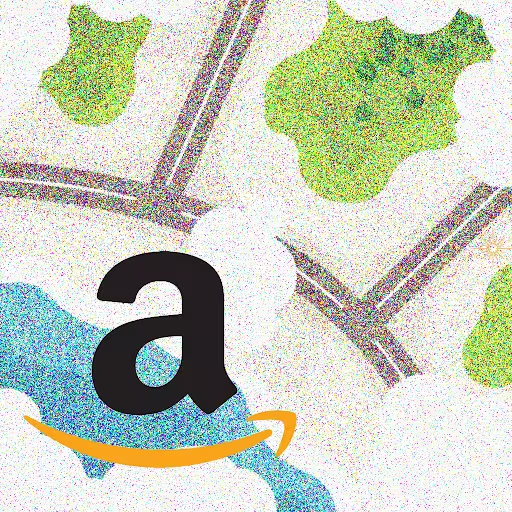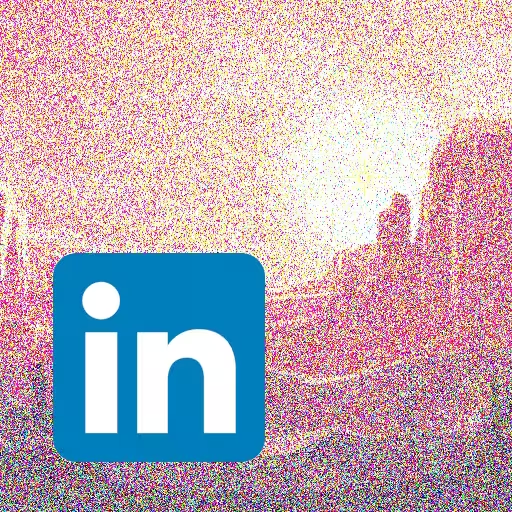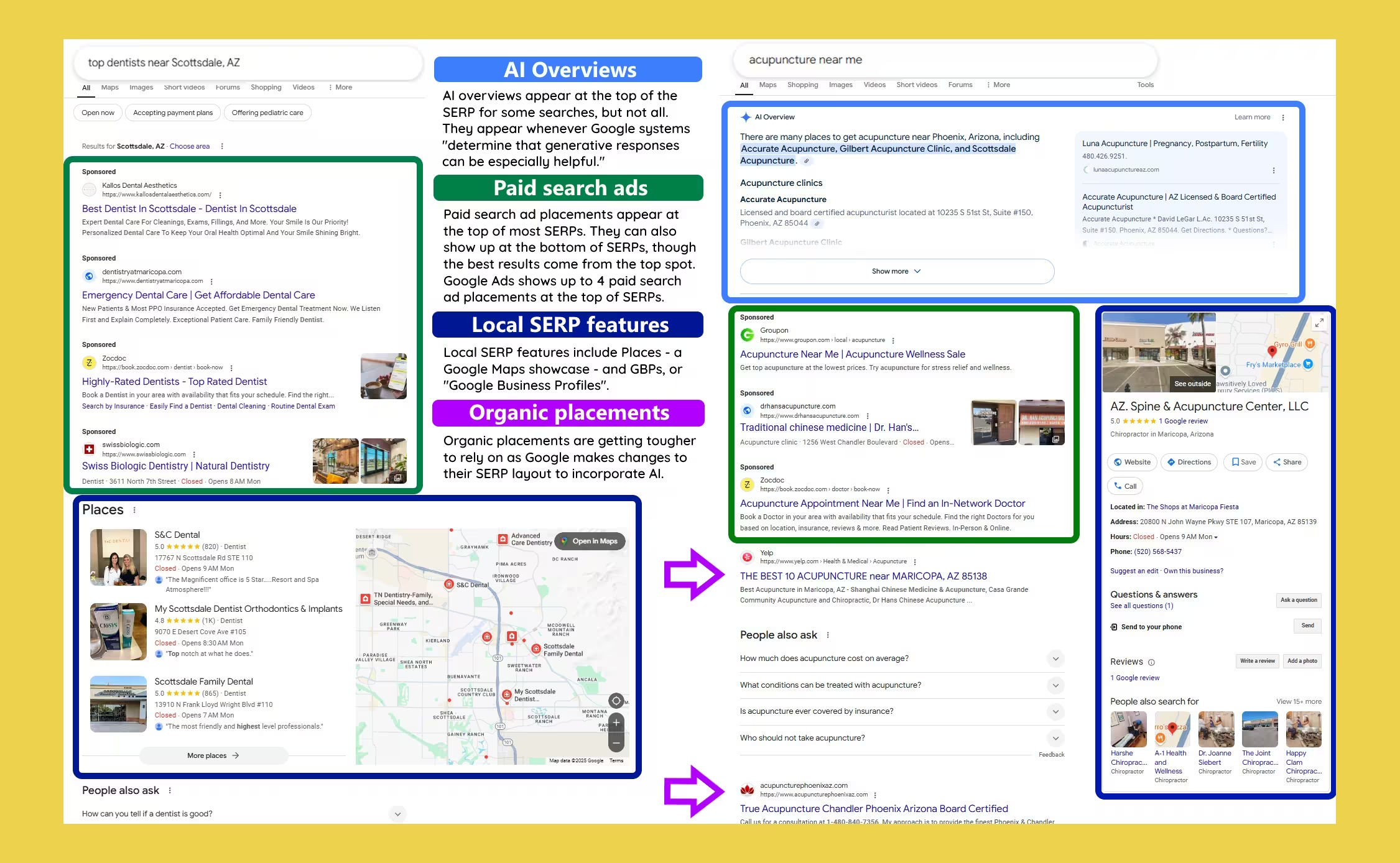Is Pay-Per-Click (PPC) the same thing as Paid Search?
Paid search marketing is often referred to as pay-per-click, or "PPC". Pay per click simply means that advertisers only incur a cost when a user actually clicks their ad rather than paying every time the ad appears. Compare this to a traditional magazine ad where, as an advertiser, you pay for your ad to be printed in the magazine regardless of whether or not people engage with it. Almost all paid search marketing is executed via the pay per click model, so the two terms are often used interchangeably. Technically speaking, paid search advertisements can also be purchased using cost per view (video ads) and cost per impression pricing models.
What are the top 5 benefits of Paid Search?
Paid search advertising can help almost any business grow. Here are the top 5 advantages of investing in paid search ad campaigns:
1. Instant visibility in internet search results.
When someone uses Google to search the internet, the results are returned in the form of a digital "list" of website links - ranked by relevance - called a "SERP". Possibly the most valuable aspect of paid search marketing is that it gives advertisers the ability to show up on the top of a SERP (Search Engine Results Page) immediately. Most of the results on a SERP are "organic", or unpaid. It can take a very long time for new brands to build up the online authority to rank near the top organically for popular search queries. Paid search allows you to pay for the opportunity to instantly place your ad in a meaningful position at or near the top of a SERP - above all of the organic results.
2. Robust audience targeting capabilities.
Paid search provides advertisers with several strategic audience targeting options. Specific keywords and search phrases can be targeted based on known and emerging search trends. Geographic targeting allows you to target the world, the US, individual cities, counties, and states - all the way down to a single square mile around a particular location. Age, gender, and demographic settings allow you to accurately target the types of people you believe are your ideal audience. For example, paid search lets you target people aged 65+ for services designed for seniors while having the option to exclude much younger users. You can target women for things like mammogram services or maternity products while having the option to omit men.
3. Measureable ROI and valuable user data.
Every year, it gets tougher and tougher for marketers to get useful user behavior data from web traffic. As more people and more platforms limit online tracking features, the data from paid search becomes more valuable. Ads give you tracking capabilities that help you understand where your traffic came from and what signals may have influenced interaction with your brand. The comprehensive campaign performance tracking afforded by paid search allows you to accurately measure and scale digital marketing ROI. Paid search data can also be repurposed to inform SEO priorities and website content.
4. Flexibility and control over ad messaging & creative.
Paid search campaigns offer immense flexibility to advertisers. Ads can run only at specific times of day on certain days of the week. Ads can be set to share one type of message to a returning user and another type of message to someone new to the brand. Ad copy and creative can be changed out instantly in the event of unexpected changes or to reflect viral trends in popular culture. Paid search ads can always be tailored to feature the most current and relevant creative and messaging with no lead time or delay. Advertisers using paid search campaigns can also send users to customized landing pages featuring unique content and strategic messaging.
5. Brand visibility and competitive positioning.
Regardless of whether or not a user clicks on your paid search ad, it provides significant brand awareness and online visibility for your business. Though you only pay when a user actually clicks on your ad, it will almost always appear above your compititors' organic results even when it is not clicked. Occupying this "digital real estate" by planning and launching paid media advertising campaigns improves your "digital footprint" and helps you push your competition further down a SERP. A rising tide can float all boats and paid search marketing regularly showcases this concept. Many of the people who do not click ads still engage with your brand directly and organically. Paid search visibility can impact the frequency of those visits over time.








